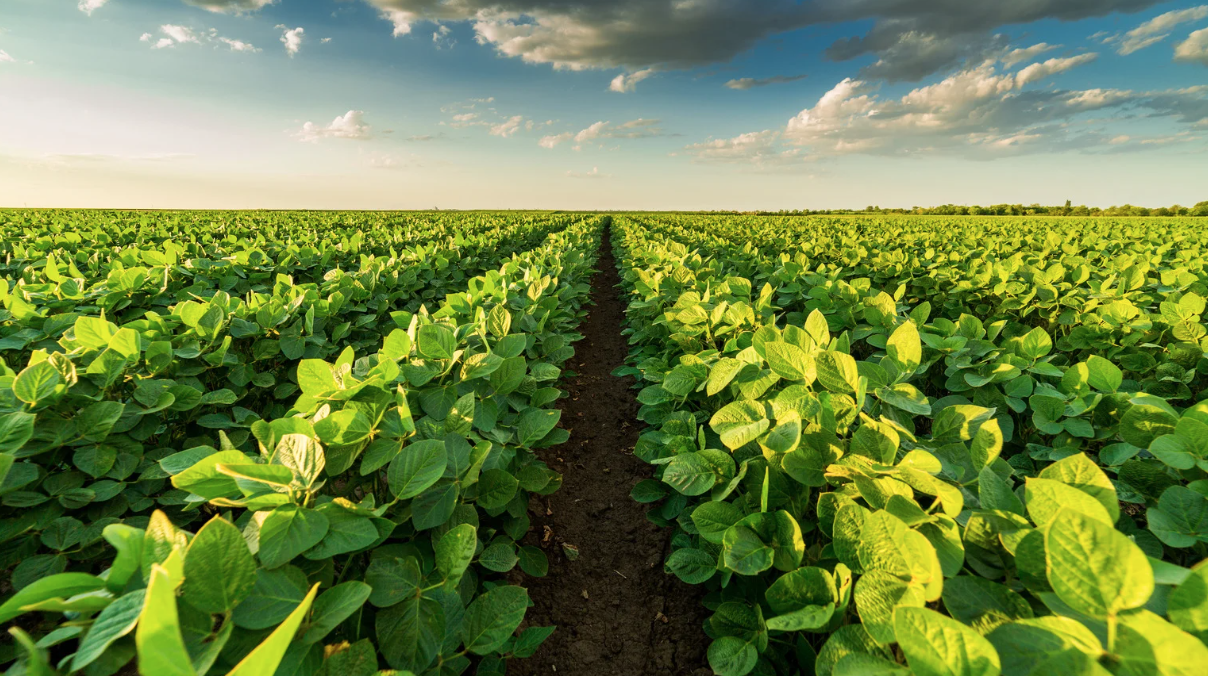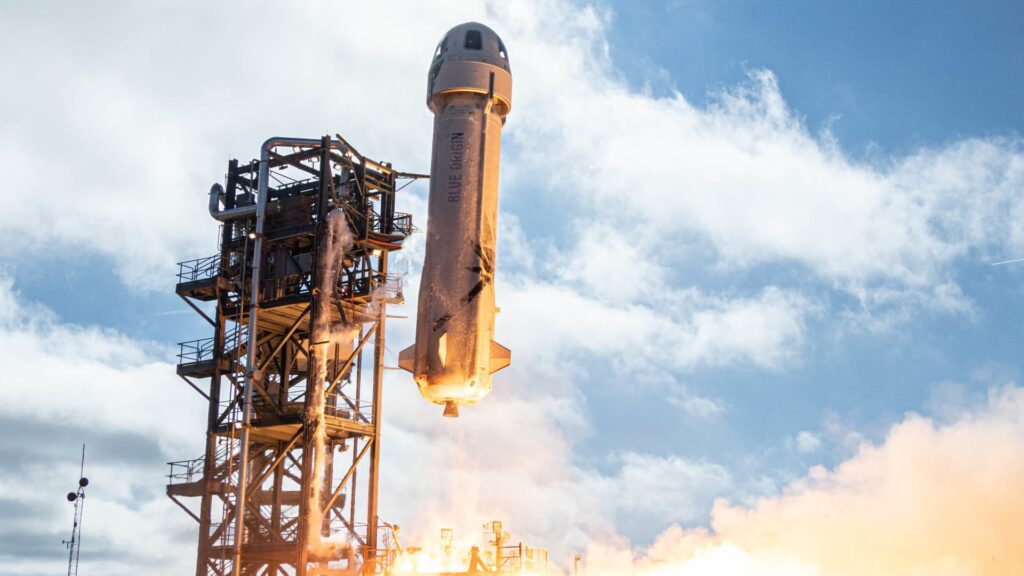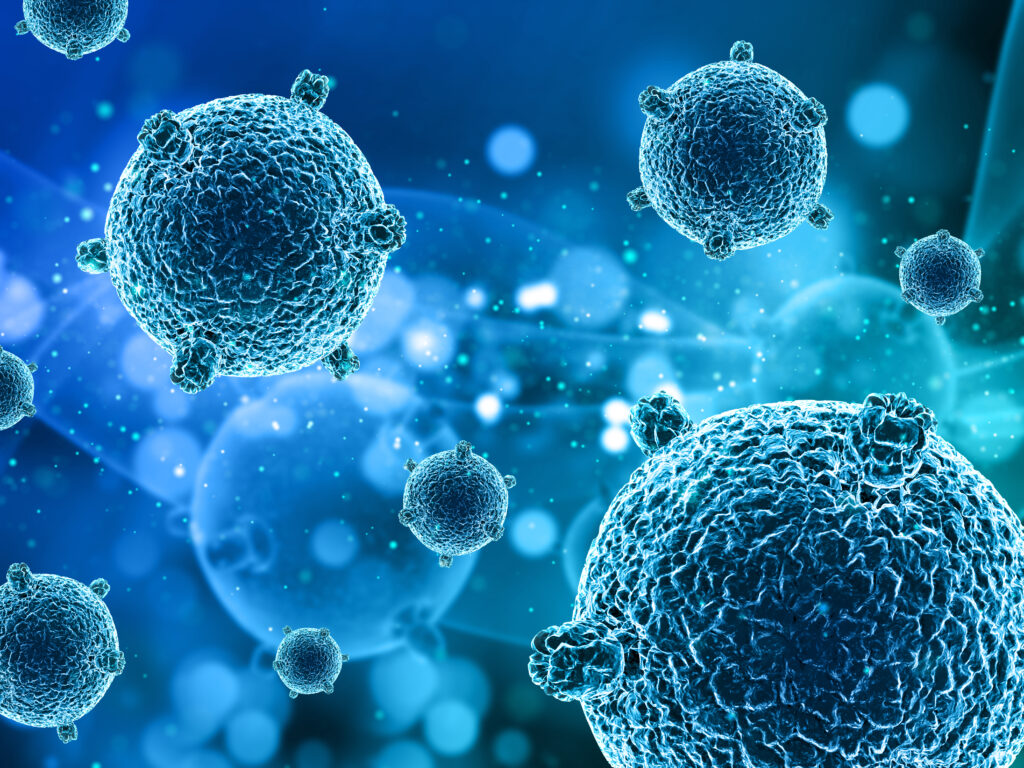In a period of expanding global food demand and mounting environmental constraints, the agriculture business is undergoing a significant transition. Biotechnology and Artificial Intelligence (AI) are at the vanguard of this revolution, providing novel ways to increase crop yields, improve sustainability, and secure food security in the future.
The role of biotechnology in agriculture
Biotechnology has long been a valuable tool in agriculture, allowing scientists to adapt crops to better tolerate environmental challenges, repel pests, and increase nutritional value. Some of the main applications of biotechnology in agriculture are:
- Genetically Modified Organisms (GMOs): By changing the genetic makeup of crops, scientists can create plants that are more resistant to diseases, pests, and extreme weather. GMOs have significantly increased crop output while reducing the demand for chemical pesticides.
- Biofortification: Biotechnology is utilized to improve the nutritional value of crops, making them healthier for humans. Biofortified crops, such as golden rice, have been created to alleviate vitamin shortages in areas with high malnutrition rates.
- Sustainable Farming Practices: Biotechnology allows for the development of crops that use fewer resources, such as water and fertilizer. This not only decreases farming’s environmental impact but also enables farmers to adapt to changing climate circumstances.
Integration of AI in Agriculture
While biotechnology has changed the genetic makeup of crops, artificial intelligence is transforming how we manage and optimize agricultural processes. AI integration in agriculture improves efficiency, precision, and sustainability in a variety of ways:
- Precision farming uses AI-powered equipment such as drones and sensors to collect data on soil conditions, weather patterns, and crop health. This information is then evaluated to provide farmers with specific recommendations for when and where to plant, irrigate, and apply fertilizer. Precision farming eliminates waste, enhances yields, and makes the best use of resources.
- AI systems use historical and real-time data to forecast crop yields, pest outbreaks, and weather patterns. These insights enable farmers to make more informed decisions, reduce risks, and optimize yield. Predictive analytics is also useful in planning and supply chain management, which reduces food waste and ensures a consistent supply of produce.
- AI-powered machinery, such as self-driving tractors and harvesters, is revolutionizing traditional farming operations. These machines are highly precise, outperforming human labor in tasks such as planting, weeding, and harvesting. Automation not only boosts production but also tackles manpower shortages in the agricultural industry.
- Artificial intelligence is being utilized to create systems that can detect the early stages of pest infestations and plant illnesses. Farmers may take targeted action against these dangers before they spread, decreasing the need for broad-spectrum herbicides and crop loss.
- Artificial intelligence is additionally assisting to optimize the supply chain for agriculture. From forecasting market demand to improving logistics and distribution, artificial intelligence guarantees that food reaches consumers more effectively, lowering prices and waste.
The Future of Agriculture: A Synergy of Biotechnology and AI
The combination of biotechnology with artificial intelligence has the possibility of making the farming sector more robust, efficient, and sustainable. Farmers can benefit from genetically modified crops and data-driven choices to produce more food with fewer resources, assuring food security for a growing global population.
As these technologies advance, we may expect to see even innovative breakthroughs that will transform agriculture. From AI-guided breeding programs to the production of climate-resilient crops, the future of farming will see technology and nature working together to tackle tomorrow’s challenges.
Conclusion
Biotechnology and artificial intelligence are not only revolutionizing agriculture; they are also shaping the future of food production, environmental protection, and global food security. By adopting these developments, the agriculture business may overcome current obstacles and thrive in the face of future uncertainties. Whether you’re a farmer, a scientist, or a consumer, these advances will make an impact on everyone, assuring a more sustainable and food-secure future.



